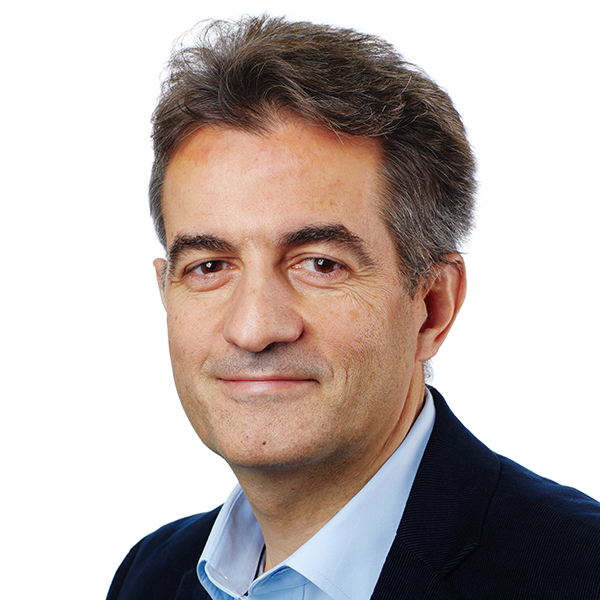Machine learning model developed at ENG and CAMED works by analyzing speech patterns
Trying to figure out whether someone has Alzheimer’s disease usually involves a battery of assessments—interviews, brain imaging, blood and cerebrospinal fluid tests. But, by then, it’s probably already too late: memories have started slipping away, long established personality traits have begun subtly shifting. If caught early, new pioneering treatments can slow the disease’s remorseless progression, but there’s no surefire way to predict who will develop the dementia associated with Alzheimer’s.

Now, Boston University researchers say they have designed a promising new artificial intelligence computer program, or model, that could one day help change that—just by analyzing a patient’s speech.
Their model can predict, with an accuracy rate of 78.5 percent, whether someone with mild cognitive impairment is likely to remain stable over the next six years—or fall into the dementia associated with Alzheimer’s disease. While allowing clinicians to peer into the future and make earlier diagnoses, the researchers say their work could also help make cognitive impairment screening more accessible by automating parts of the process—no expensive lab tests, imaging exams, or even office visits required. The model is powered by machine learning, a subset of AI where computer scientists teach a program to independently analyze data.
“We wanted to predict what would happen in the next six years—and we found we can reasonably make that prediction with relatively good confidence and accuracy,” says Distinguished Professor of Engineering Yannis Paschalidis (ECE, BME, SE), who collaborated on the project with a multidisciplinary team of engineers, neurobiologists, and computer and data scientists. The researchers published their findings in Alzheimer’s & Dementia, the journal of the Alzheimer’s Association.
